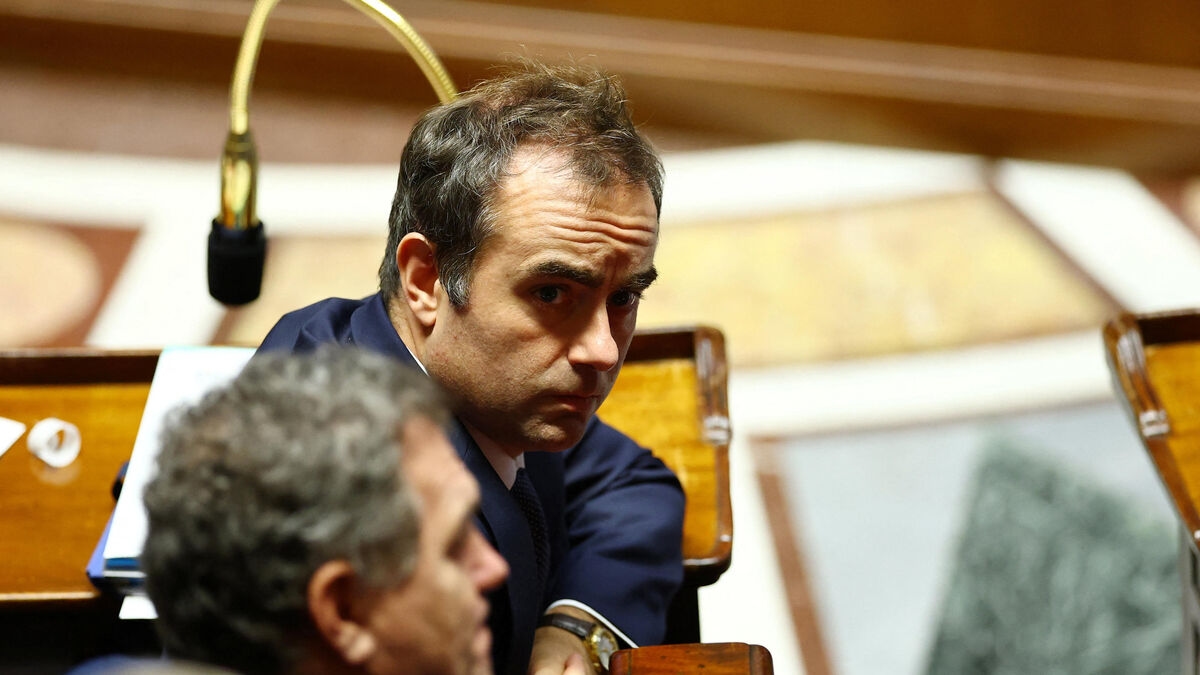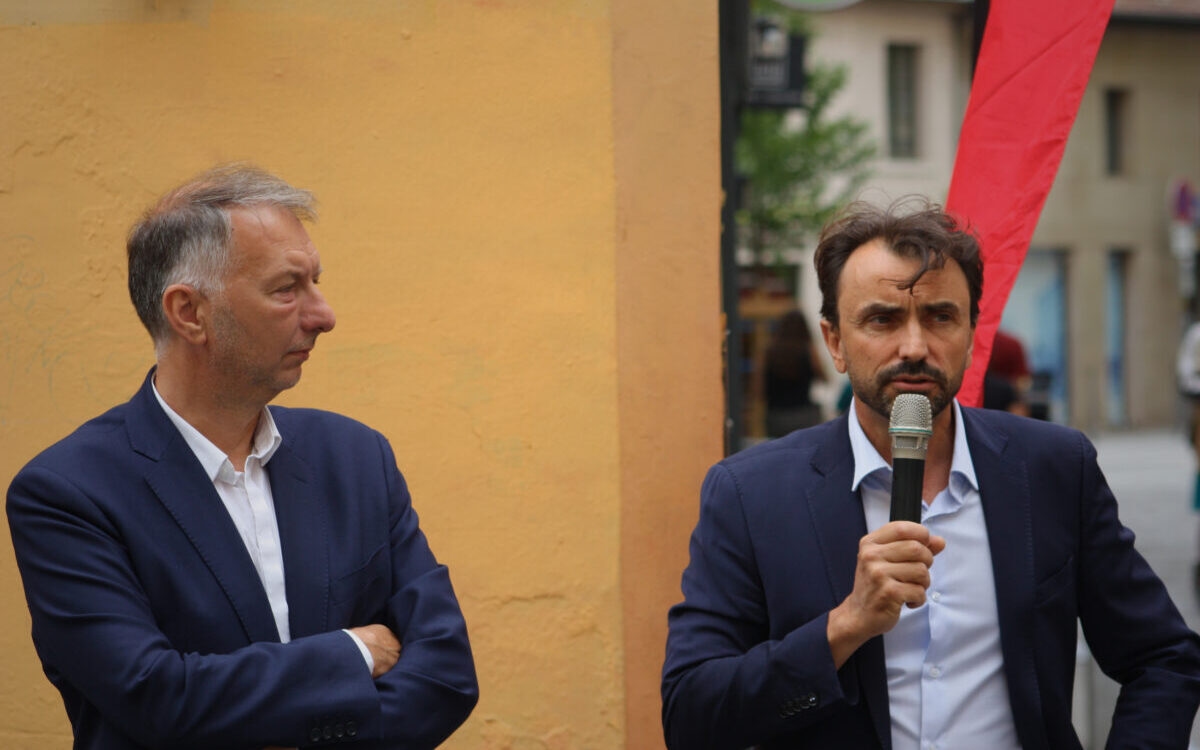Budget: Lecornu weakened by a temporary left-RN alliance on multinational taxation

The situation is becoming more complicated for the government camp. On Wednesday, MPs voted for new taxes targeting large companies, in a temporary alliance between the left and the far right, making it more difficult for Sébastien Lecornu to pass the budget .
The Prime Minister is facing an increasingly impossible political dilemma, even though the most sensitive measures—particularly those concerning the taxation of high net worth individuals, a condition set by the Socialists for their acceptance—have not yet been examined. Their discussion, expected on Friday, is slated to focus on the highly controversial Zucman tax .
In this already tense context, the government raised its voice as early as Wednesday morning. "Tax fairness has given way to tax one-upmanship," warned Economy Minister Roland Lescure. The Prime Minister, speaking before the senators, expressed his concern about a disconnect between the tax debate and "the general and overall economic question."
Their target is Tuesday's vote by a left-wing and National Rally alliance on a "universal tax" for multinationals, intended to combat tax evasion and avoidance. Proponents claim the measure will generate €26 billion, but the government deems it ineffective, illegal, and detrimental to the French economy.
Marine Le Pen, criticized by the right for her support, defended the measure. "It's simply a matter of enforcing the law," she said. "For the moment, what has been voted on" in the National Assembly during the examination of the state budget is "not shameful, contrary to the government's howls of protest," the leader of the National Rally deputies insisted.
But warnings from the government camp did not deter the MPs; on the contrary. In the afternoon, they continued to adopt measures targeting large corporations. Here again, it was the combined votes of the left and the National Rally that enabled the adoption of a measure put forward by La France Insoumise (LFI) aimed at broadening the scope of the 15% minimum tax on multinational profits.
This is "a highway to litigation," which would undermine coordinated efforts with the OECD to combat tax evasion, denounced the Minister of the Civil Service, David Amiel, in the National Assembly. "We stand by this vote 100%," insisted Jean-Philippe Tanguy, a National Rally MP.
In the wake of this, the government suffered two further setbacks: the National Rally (RN) narrowly passed an amendment to increase taxes on share buybacks, in order to combat speculation. Most left-wing MPs abstained. Then, La France Insoumise (LFI) managed to pass, in a very close vote, an amendment introducing a one-off tax on superdividends . These latest votes are unlikely to make things any easier for Sébastien Lecornu.
This Wednesday morning, the president of the Les Républicains (LR) party, Bruno Retailleau, denounced a "fiscal madness" and "the exorbitant cost of political stability." The leader of the MoDem deputies, Marc Fesneau, also believes that the bill "has become completely unpassable."
Following the Council of Ministers meeting, government spokesperson Maud Bregeon downplayed the previous day's votes, reminding everyone that they were "only at the very beginning of the parliamentary process." Bruno Retailleau also believes that the first part of the budget, concerning revenue, "will be rejected by the National Assembly" and that the Senate "will therefore have to revise it."
Speaking on condition of anonymity, several executives of the governing coalition say they expect there will be "no budget" and that the government will have to settle for a "special law" which allows it to carry over into 2026 the taxes and expenditures of 2025.
Another option is to adopt a budget by decree, as permitted by the Constitution if the deadlines for reviewing the text have passed, and as the National Rally (RN) is concerned about. The political groups have agreed to withdraw some of their amendments in order to expedite the debates .
Taxation will continue to fuel tensions in the coming days. Due to the resolute opposition of the central bloc, the right wing and the National Rally, the Zucman tax has little chance of being passed, whether in its initial form (a minimum tax of 2% on assets of more than 100 million euros) or modified (3% from 10 million euros, but excluding innovative and family businesses).
A compromise amendment could therefore still be presented by the government during the debates. "There is still work to be done," acknowledged Maud Bregeon.
Le Parisien





